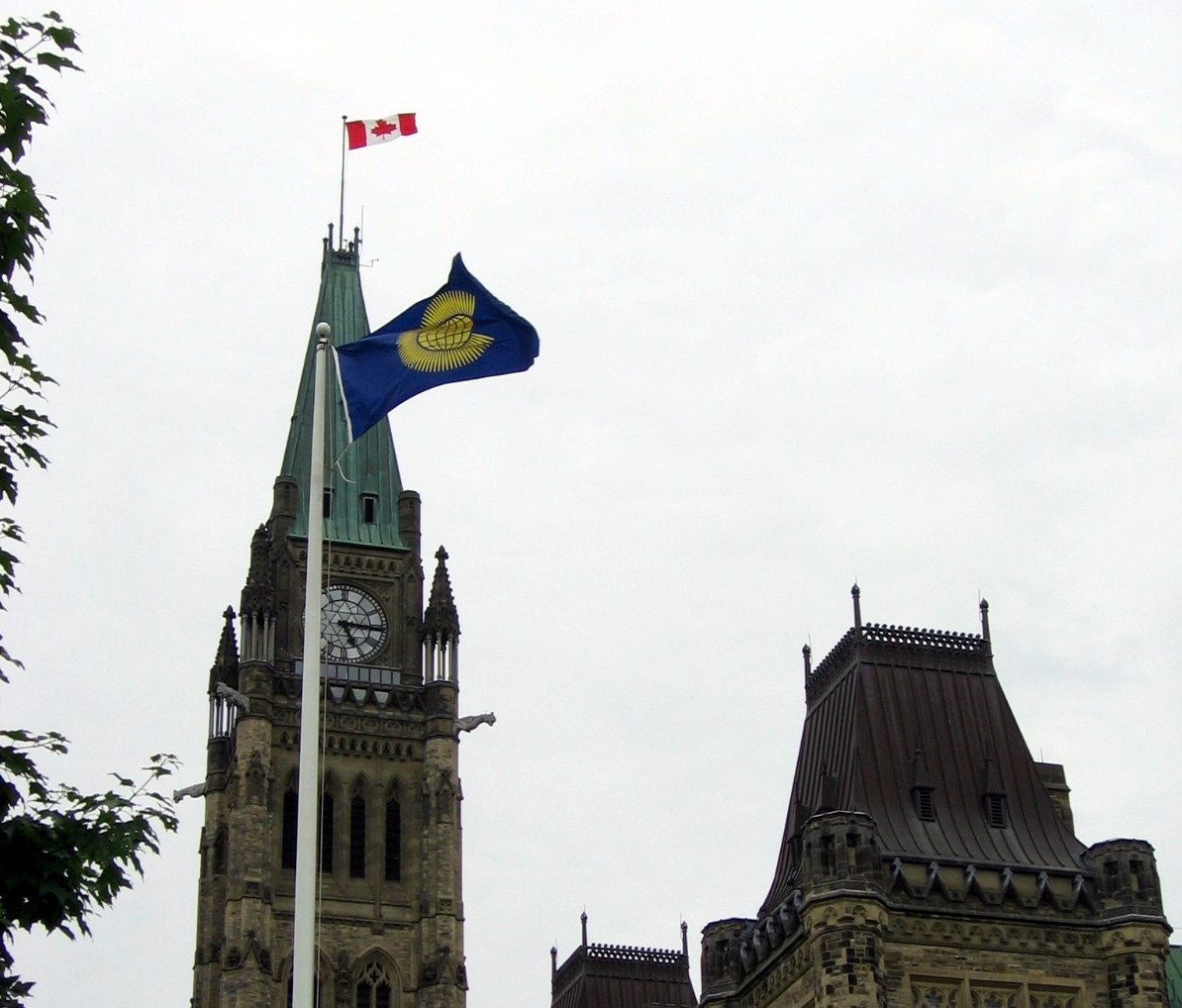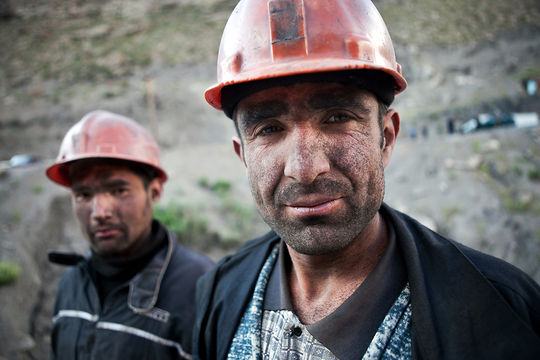To know more about Canada’s role in the Commonwealth: join us at event “Business Opportunities in the Commonwealth.”
Canada is primed to seize the Commonwealth advantage. It has the ability to pivot from the traditional Atlantic and the Caribbean, whilst looking to the African continent, and then simultaneously turning to the Pacific. Therefore, Canada is uniquely placed to be the new centre point of the Commonwealth.
However, the Commonwealth in the 21st century should not be seen as just the official organs that act as its public face. In fact, it is rather more about the citizens that make up each small business, entrepreneurial venture, and wealth creators. It is the interactions and exchanges between these individuals that should come to define this new relationship: Online, global, dynamic, and trade focused.
The economic potential of the whole Commonwealth is there to be recognised by those who are globalist in vision. Research from my book, Common-Trade, Common-Growth, Common-Wealth showed that a combined Commonwealth GDP stands at $8.4 trillion and growing with a total annual growth forecast that averages 3.7%. It has seven nations in the top 25 of the World Bank’s Ease of Doing Business rankings of which Canada is 13th.
Canada in the world economy
Every viewer of the Canadian economy will acknowledge that it is anchored to the juggernaut that is the United States, but similarly like the UK’s current orientation to Europe, Canada must recognise that there is a world outside its biggest geographic neighbour. Canada’s distinctive vantage point allows it to look to both the growing markets in Asia and Africa.
Canada’s West leads to Far Eastern treasures
The world economy is in a state of flux with trade shifting West to East. Canada with its option to pivot from the Atlantic to the Pacific has the ability to diversify successfully with the help of Commonwealth partners. The capacity of Asia-Pacific Economic Co-operation (APEC), of which Canada is a member and includes seven Commonwealth nations, has led the way on how to focus on economic advancement over political harmonisation such as what the EU pushed for in the 90s. The negotiations to extend the Trans-Pacific Partnership (TPP) are also likely to bolster Canada’s place in the East along with five other Commonwealth states.
Canada: Africa’s unexpected parallel
Despite the obvious rush to the Pacific, Canada should not forget its Atlantic view as Africa offers significant possibilities. In fact, Canada should be the world leader in African trade as it has the power to harness its Anglophone and Francophone roots. This bilingualism used for trade not aid purposes will help build greater freedom and prosperity.
Canada is focusing on two Commonwealth nations in particular – Nigeria and Ghana. For example, 100 Canadian businesses operate in Ghana and bilateral trade has increased 61% since 2010-11, while Canadian-Nigerian trade has risen 44% to $2.7bn since 2010.
Defence – Common ties in an age of uncertainty
A military and defensive component of the Commonwealth is now growing in relevance. In an increasingly uncertain world having military alliances with nations one can trust is of the utmost importance. Intelligence sharing is fundamental in an age of global terror. Elite partnerships such as the Five Eyes and ABCA Armies programmes convey these enduring ties. A recent Canadian Defence & Foreign Affairs Institute paper said:
Canada will need more intelligence products from the Five Eyes intelligence community, not less, and vice versa. Canadians remain generally unaware of the extent to which Canada’s national security relies on Five Eyes intelligence cooperation.
Linkages with emerging Commonwealth nations should be made a priority. What the Commonwealth needs is a detailed exploration into what their respective militaries want from a closer partnership.
Education – the tool of Commonwealth prosperity
For the Commonwealth to remain relevant in the present and importantly in the future then young people must grasp the potential of the Commonwealth at the earliest occasion. If the Commonwealth has minimal value and adds little to their life chances then it will drift off and be discarded. That is why exchanges in culture, class room lessons, travel, and university must all be encouraged.
In schools, the Commonwealth should not be taught as a bygone era of history. Instead references should be made where possible in business, economics, geography, and politics to underline the pervasiveness of the Commonwealth. There is also a warning that if Commonwealth nations remain inert on this issue then China with its political and educational customs will gain hegemony, which may lead to the undermining of the Commonwealth’s soft power.
Canada’s next brave step towards the Commonwealth frontier
Canada has a latent power yet also a clear vantage point to utilise the Commonwealth for the benefit of millions of people globally. Its ties in Asia, Africa, and India both home and abroad can be better understood through a Commonwealth lens bringing with it greater harmony and prosperity.
To that end, this is why I set up Commonwealth Exchange (CX), a new foundation established to forward the Commonwealth with a particular focus on trade, educational, and defensive connections. The Commonwealth’s longevity resides in younger people finding value in it and interacting with the world on this basis. Canada has a vital part to play in this future journey and with the Commonwealth in short supply of recruits from industry, business, and education it is time for Canada to answer the call.




